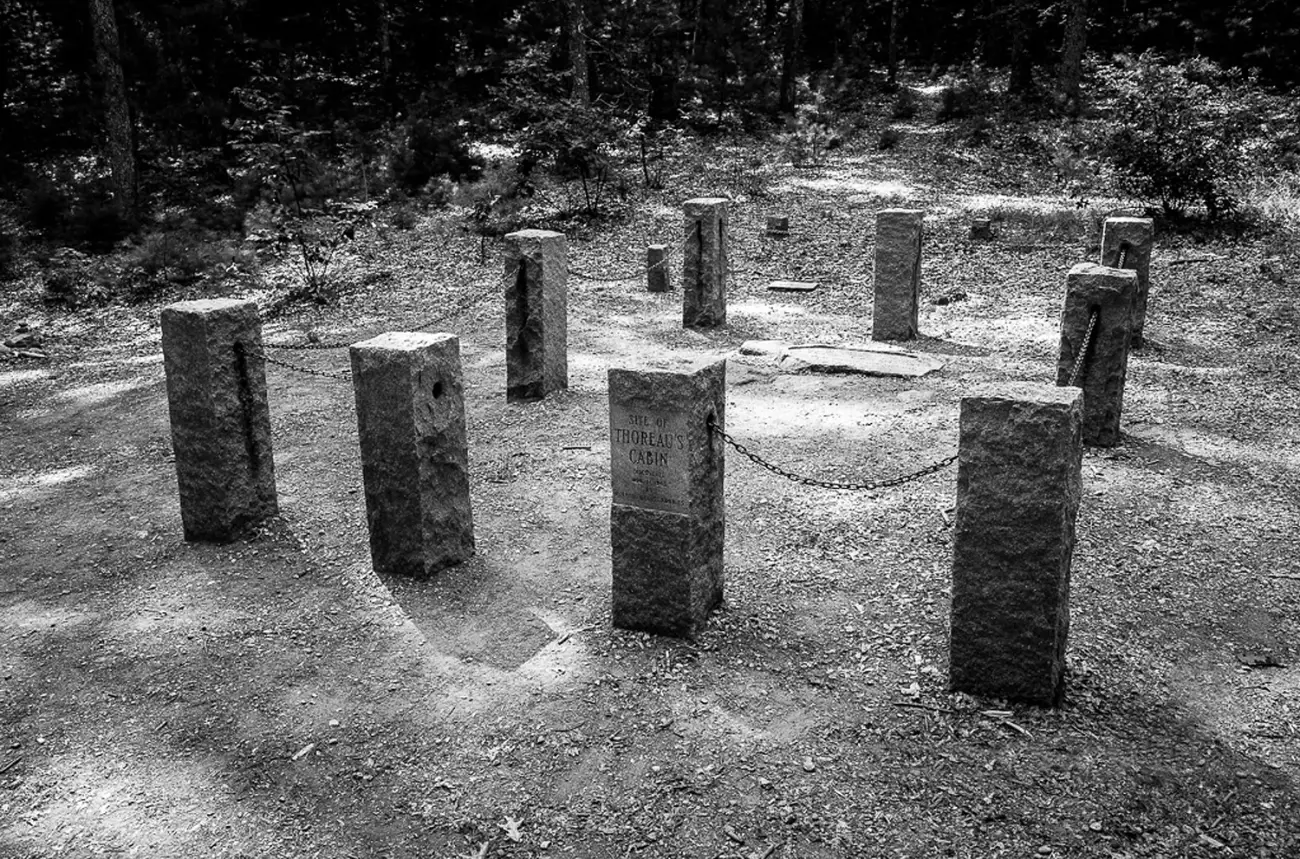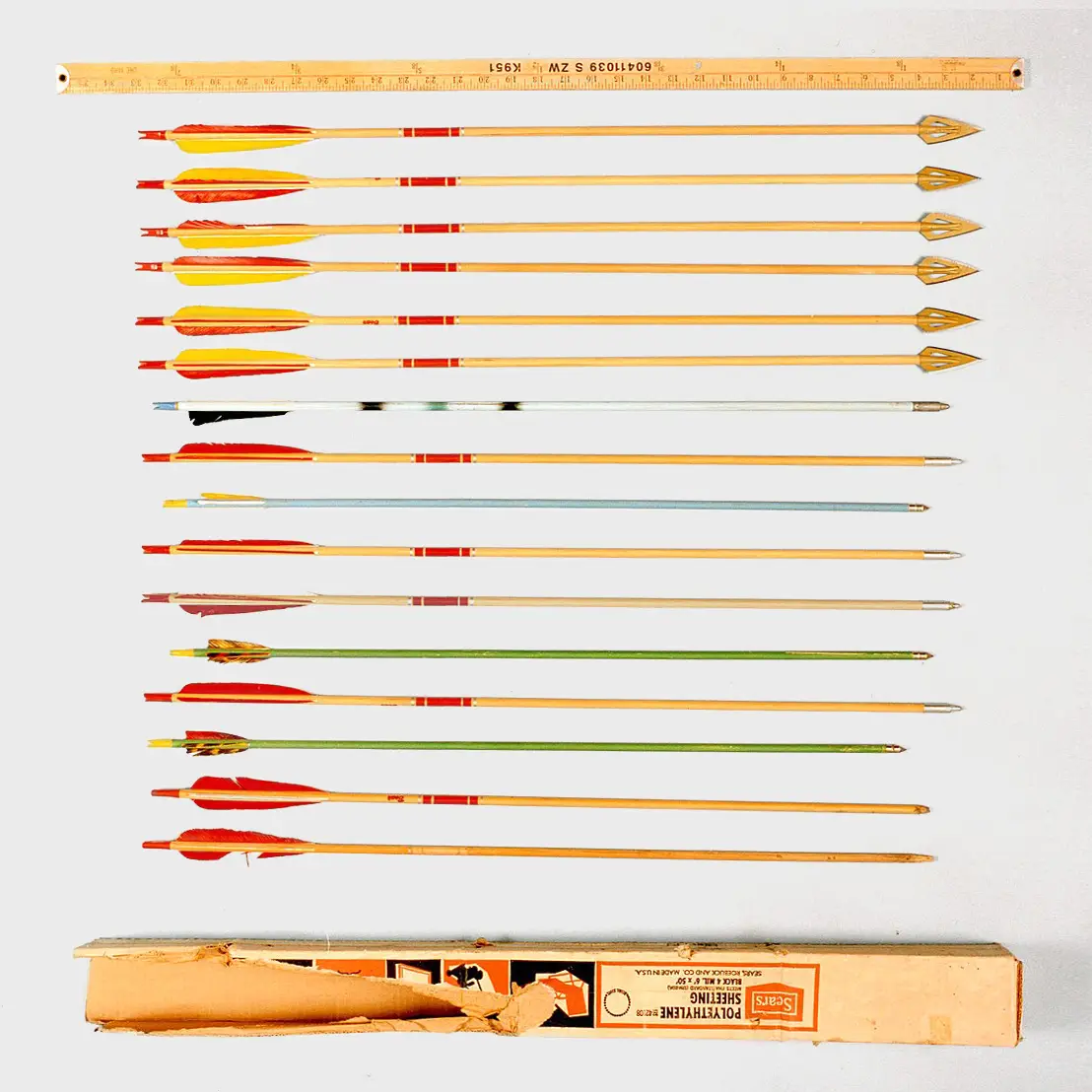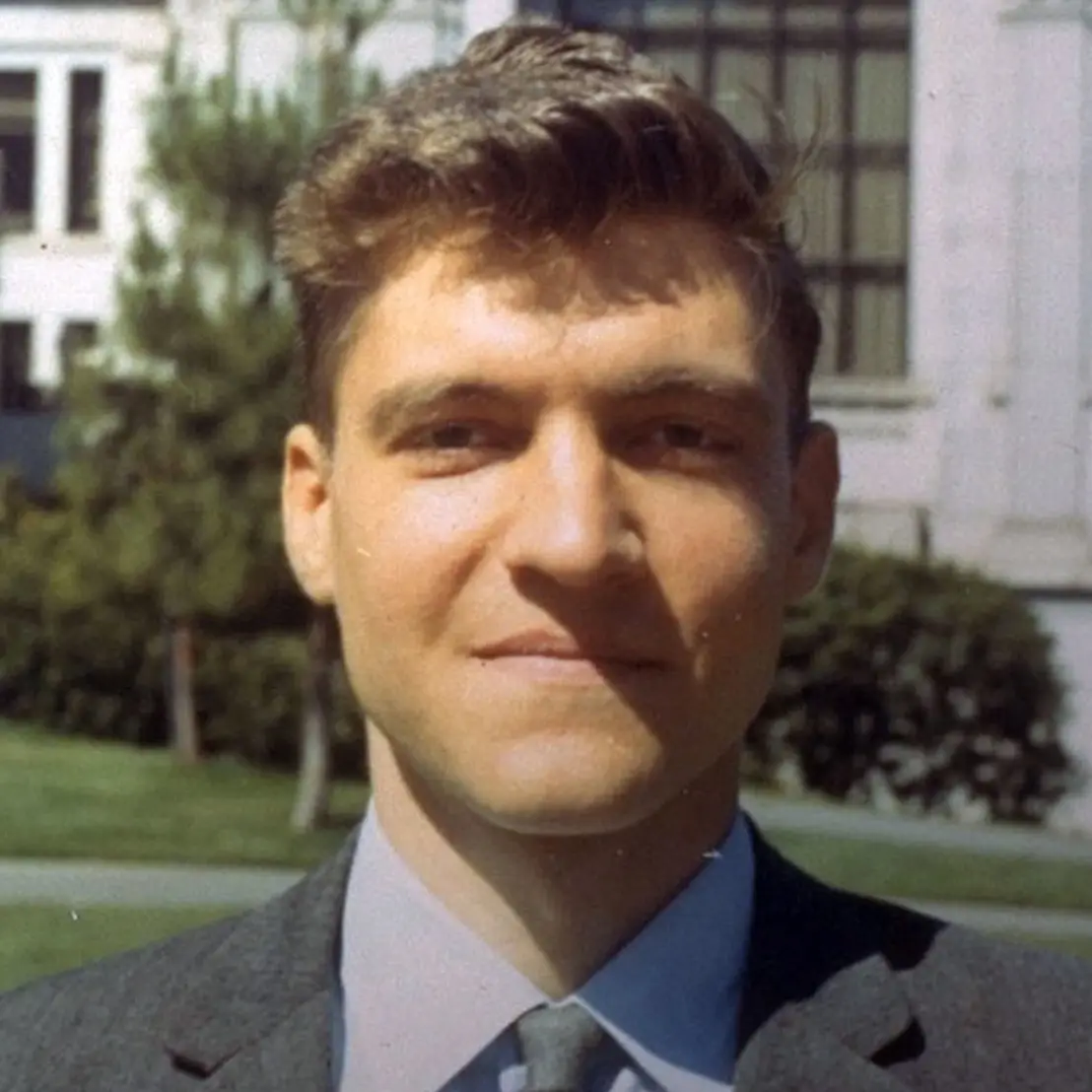Where I Lived and What I lived For
When first I took up my abode in the woods, that is, began to spend my nights as well as days there, which, by accident, was on Independence day, or the fourth of July, 1845, my house was not finished for winter, but was merely a defense against the rain …
Where I Lived and What I lived For
When first I took up my abode in the woods, that is, began to spend my nights as well as days there, which, by accident, was on Independence day, or the fourth of July, 1845, my house was not finished for winter, but was merely a defense against the rain, without plastering or chimney, the walls being of rough weather-stained boards, with wide chinks, which made it cool at night. The upright white hewn studs and freshly planed door and window casings gave it a clean and airy look, especially in the morning when its timbers were saturated with dew, so that I fancied that by noon some sweet gum would exude from them …
I was seated by the shore of a small pond, about a mile and a half south of the village of Concord and somewhat higher than it, in the midst of an extensive wood between that town and known to fame, Concord Battle Ground; but I was so low in the woods that the opposite shore, half a mile off, like the rest, covered with wood, was my most distant horizon. For the first week, whenever I looked out on the pond it impressed me like a tarn high up on the side of a mountain, its bottom far above the surface of other lakes, and, as the sun arose, I saw it throwing off its nightly clothing of mist, and here and there by degrees, while the mists, like ghosts, were stealthily withdrawing in every direction into the woods, as at the breaking up of some nocturnal conventicler. The very dew seemed to hang upon the trees later into the day than usual, as on the sides of mountains …
I went to the woods because I wished to live deliberately, to front only the essential facts of life, and see if I could not learn what it had to teach, and not, when I came to die, discover that I had not lived. I did not wish to live what was no life, living is so dear; nor did I wish to practice resignation, unless it was quite necessary. I wanted to live deep and suck out all the marrow of life, to live so sturdily and Spartan-like as to put to rout all that was not life, to cut a broad swath and shave close, to drive life into a corner, and reduce it to its lowest terms, and, if it proved to be mean, why then to get the whole and genuine meanness of it, and publish its meanness to the world; or if it were sublime, to know it by experience, and be able to give a true account of it in my next excursion. For most men, it appears to me, are in a strange uncertainty about it, whether it is of the devil or of God, and have somewhat hastily concluded that is the chief end of man here to “glorify God and enjoy him forever.”
Still we live meanly, like ants; though the fable tells us that we were long ago changed into men; like pygmies we fight with cranes; it is error upon error, and clout upon clout, and our best virtue has for its occasion a superfluous and evitable wretchedness. Our life is frittered away by detail. An honest man has hardly need to count more that his ten fingers, or in extreme cases he may add his ten toes, and lump the rest. Simplicity, simplicity, simplicity! I say, let your affairs be as two or three, and not a hundred or a thousand; instead of a million count half a dozen, and keep your accounts on your thumbnail. In the midst of this chopping sea of civilized life, such are the clouds and storms and quicksands and thousand-and-one items to be allowed for, that a man has to live, if he would not founder and go to the bottom and not make his port at all, be dead reckoning, and he must be a great calculator indeed who succeeds. Simplify, simplify. Instead of three meals a day, if it be necessary eat but one; instead of a hundred dishes, five; and reduce other things in proportion …
Why should we live with such hurry and waste of life? We are determined to be starved before we are hungry. Men say that a stitch in time saves nine, and so they take a thousand stitches today to save nine tomorrow. As for work, we haven’t any of any consequence. We have the Saint Vitus’ dance, and cannot possibly keep our heads still. If I should only give a few pulls at the parish bell-rope, as for a fire, that is, without setting the bell, there is hardly a man on his farm in the outskirts of Concord, notwithstanding that press of engagements which was his excuse so many times this morning, nor a boy, nor a woman, I might almost say, but would forsake all and follow that sound, not mainly to save property from the flames, but, if we will confess the truth, much more to see it burn, since burn it must, and we, be it known did not set it on fire, -- or to see it put out, and have a hand in it, if that is done as handsomely; yes, even if it were a parish church itself. Hardly a man takes a half hour’s nap after dinner, but when he wakes he holds up his head and asks, “What’s the news?” as if the rest of mankind had stood his sentinels. Some give directions to be waked every half hour, doubtless for no other purpose; and then, to pay for it, they tell what they have dreamed. After a night’s sleep the news is as indispensable as the breakfast. “Pray tell me any thing new that has happened to a man any where on this globe,” – and he reads it over his coffee and rolls, that a man has had his eyes gouged out this morning on the Wachito River; never dreaming the while that he lives in the dark unfathomed mammoth cave of this world, and has but the rudiment of an eye himself.
For my part, I could easily do without the post-office. I think that there are very few important communications made through it. To speak critically, I never received more than one or two letters in my life – I wrote this some years ago – that were worth the postage. The penny-post is, commonly, an institution through which you seriously offer a man that penny for his thoughts which is so often safely offered in jest. And I am sure that I never read any memorable news in a newspaper. If we read of one man robbed, or murdered, or killed by accident, or on house burned, or one vessel wrecked, or one steamboat blown up, or one cow run over on the Western Railroad, or one mad dog killed, or one lot of grasshoppers in the winter, — we never need read of another. One is enough …
Let us spend one day as deliberately as Nature, and not be thrown off the track by every nutshell and mosquito’s wing that falls on the rails. Let us rise early and fast, or break fast, gently and without perturbation; let company come and let company go, let the bells ring and the children cry, -- determined to make a day of it…. Time is but the stream I go a-fishing in. I drink at it; but while I drink I see the sandy bottom and detect how shallow it is. Its thin current slides away, but eternity remains. I would drink deeper; fish in the sky, whose bottom is pebbly with start. I cannot count one. I know not the first letter of the alphabet. I have always been regretting that I was not as wise as the day I was born. The intellect is a cleaver; it discerns and rifts its way into the secret of things. I do not wish to be any more busy with my hands than is necessary. My head is hands and feet. I feel all my best faculties concentrated in it. My instinct tells me that my head is an organ for burrowing, as some creatures use their snout and fore-paws, and with it I would mine and burrow my way through these hills. I think that the richest vein is somewhere hereabouts; so by the divining rod and thin rising vapors I judge; and here I will begin to mine.
(Excerpt from Walden by Henry David Thoreau, originally published August 9, 1854)
Site of Henry David Thoreau's cabin on Walden Pond in Concord, MA


